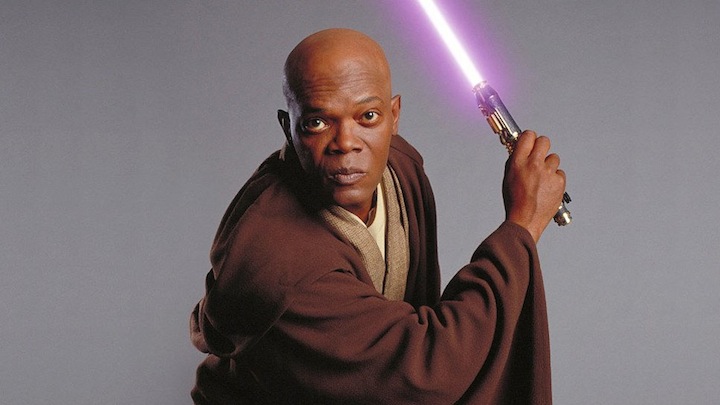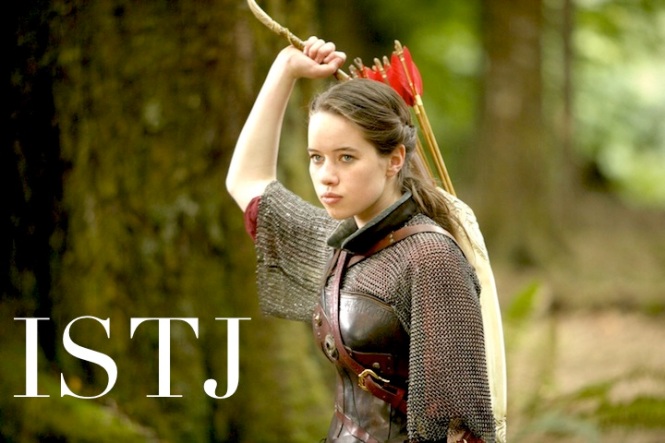Guest post by Sylver, ISTP
In my project to make known the good and bad sides of every MBTI type, it’s been suggested that I start with ISTJs. A lot of people, even if they don’t say negative things outright, will ignore or turn up their noses at ISTJs online. Also, as it’s been pointed out, many ISTJs will take and retake the test until they get something other than ISTJ, just because of the stigmas attached to ISTJ-ness.
Part of this has to do with the (mis)conceptions about their type that I will debunk here. Please note, of course, that some of the things I will say may not ring true for every single ISTJ out there. Most are based on knowledge of their functions and personal experience. So do feel free to correct me if I’m wrong; most of this is just stuff that I have observed/experienced when dealing with ISTJs.
ISTJs (USUALLY) are:
- rooted in the past
- down to earth
- planers
- possessed with incredible follow-through
- caring
- dutiful
ISTJs are NOT (usually):
- stubborn for no reason
- whiny
- OCD
- rule-obsessed
- socially awkward (any more than other types can be)
- Or, of course…evil
So without further ado, let me expand on how ISTJs work function-wise. My personal favourite thing about them, for a start, is their rich and vivid memories. I experience life through my Ti and Se (Dom and aux respectively), and though I can often remember things I’ve learned for a long time afterwards I have great difficulty remembering the actual experience because I’m instinctively keyed into the present moment. Always moving on, as it were. As Si-doms, ISTJs often have incredible recall of past events. My Mother, for example, is most likely an ISTJ, and whenever I have trouble recalling an old event I’ll call her up and she’ll readily remind me about what happened.
Si-doms are typically great sources of do’s and don’ts, especially the older ones. Any artist/writer/screenwriter/painter should be able to appreciate the opportunities that come with all those memories and stories. Provided, of course, you’re respectful and the ISTJ in question is willing to chat about things that may or may not bring back intense memories.
The ISTJ’s auxiliary function is, of course, Te. This gives them a natural edge when it comes to managing and coordinating, which I appreciate a lot. When it comes to larger projects ISTJs are pro at making sure they (fairly) divvy up the workload. They also––sorry, Arvid––tend to have an advantage, even over INTJs, when it comes to making sure that no details get overlooked. That’s not to say that INTJs don’t also do everything they can to make sure that their project turns out just the way they visualize it. ISTJs are just more naturally detail-oriented.
Fi is a function that…well, it doesn’t seem to get the right type of love in the MBTI community. By that, I mean that people––especially on tumblr––tend to value/admire Fi for the rebelliousness that ALL Fi users exhibit. /sarcasm/
I really like mature Fi users, don’t get me wrong. They know what they’re feeling and, especially in the case of Fi users who also use Te, will do their best to communicate what they need. That’s a genuinely valuable ability. I always appreciate my Mom’s way of telling me things, for example. I’m not hugely touchy-feely, and she isn’t either, so when she needed alone time she would just say something along the lines of, ‘I’m getting a beer, then I’m going upstairs to read. You need anything?’
That right there is the heart of how an ISTJ cares for their people. Making sure they’re okay by doing what they need to do to help. As an action-oriented person I sure as hell appreciate that.
Finally, there’s that inferior Ne. It bears talking about, as does any other type’s inferior function. We all need to know our weaknesses or we’d all crumble from clay feet, a friend of mine once put it.
An ISTJ’s Ne isn’t going to be all that plain. As with INTJs and Se or ISTPs and Fe, it’ll sorta be in the background, still utilized but typically unnoticed. When it does come to the forefront (so to speak) due to stress, it often trips up the ISTJ in question. They begin to catastrophize and freak out about all the things that could happen; during times like these, they focus almost exclusively on the negative outcomes and need a helping hand/mind to get back on track.
Like any instance where an inferior function crops up in this way, an ISTJ’s inferior Ne can be extremely annoying for both them and for others. Part of the package, though.
Besides, a healthy and mature ISTJ can make the most of their Ne’s idiosyncrasies. My dear friend, for example, will usually be the first person to get on my tuchus about things I’ve been unable to get to (read: procrastinated), yet she’ll also be perfectly willing to tag along with me to get lunch out or go to Half-Price Books together. Provided we’ve got ourselves in order, of course.
Overall, ISTJs can be a little stubborn, but they can also be the wisest, fairest, and most trustworthy people you’ve ever met. They may not be the most popular or ‘romantic’ or ‘trendsetting’ of the MBTI types, yet that’s nothing to be ashamed of. If the entire human race were daredevil ISTPs like me, we wouldn’t have survived till now, I guarantee it.
Joking, of course. I’d like to think that ISTPs do have some modicum of self-control! :P


















You must be logged in to post a comment.